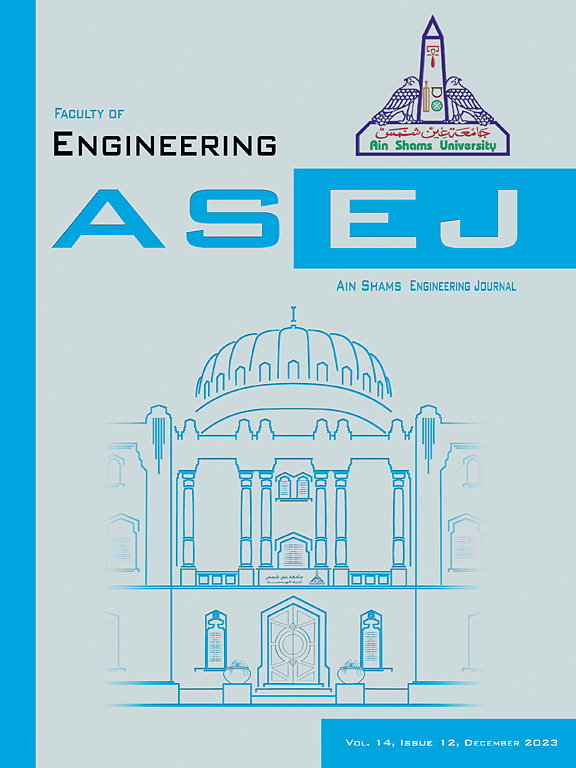Optimization model for wireless charging and power saving of smart canes for the visually impaired based on DRL
IF 6
2区 工程技术
Q1 ENGINEERING, MULTIDISCIPLINARY
引用次数: 0
Abstract
With the growing demand for intelligent mobility aids, smart canes for visually impaired individuals require efficient energy management and reliable charging solutions. This study presents an optimization model for wireless charging and power-saving in smart canes, leveraging deep reinforcement learning (DRL). Unlike conventional charging strategies that rely on static scheduling, our model dynamically optimizes charging decisions using a Deep Q-Network (DQN)-based algorithm, considering real-time environmental factors and user behavior. Additionally, an adaptive energy-saving strategy is proposed to regulate the operation of key functional modules—voice guidance, ultrasonic detection, alarms, time announcements, and flashlight warnings—based on contextual needs. Experimental evaluations demonstrate significant improvements in charging efficiency, battery longevity, and user experience compared to traditional methods. By integrating reinforcement learning with intelligent energy management, this research provides an innovative and practical approach to enhancing smart cane functionality, promoting safer and more autonomous navigation for visually impaired individuals.
基于DRL的视障人士智能手杖无线充电节能优化模型
随着人们对智能移动辅助设备的需求不断增长,针对视障人士的智能手杖需要高效的能源管理和可靠的充电解决方案。本研究提出了一种利用深度强化学习(DRL)的智能手杖无线充电和节能优化模型。与依赖静态调度的传统充电策略不同,我们的模型使用基于Deep Q-Network (DQN)的算法,考虑实时环境因素和用户行为,动态优化充电决策。此外,提出了一种基于上下文需求的自适应节能策略来调节语音引导、超声波检测、报警、时间提示和手电筒警告等关键功能模块的运行。实验评估表明,与传统方法相比,该方法在充电效率、电池寿命和用户体验方面都有显著改善。通过将强化学习与智能能量管理相结合,本研究提供了一种创新和实用的方法来增强智能手杖的功能,促进视障人士更安全、更自主的导航。
本文章由计算机程序翻译,如有差异,请以英文原文为准。
求助全文
约1分钟内获得全文
求助全文
来源期刊

Ain Shams Engineering Journal
Engineering-General Engineering
CiteScore
10.80
自引率
13.30%
发文量
441
审稿时长
49 weeks
期刊介绍:
in Shams Engineering Journal is an international journal devoted to publication of peer reviewed original high-quality research papers and review papers in both traditional topics and those of emerging science and technology. Areas of both theoretical and fundamental interest as well as those concerning industrial applications, emerging instrumental techniques and those which have some practical application to an aspect of human endeavor, such as the preservation of the environment, health, waste disposal are welcome. The overall focus is on original and rigorous scientific research results which have generic significance.
Ain Shams Engineering Journal focuses upon aspects of mechanical engineering, electrical engineering, civil engineering, chemical engineering, petroleum engineering, environmental engineering, architectural and urban planning engineering. Papers in which knowledge from other disciplines is integrated with engineering are especially welcome like nanotechnology, material sciences, and computational methods as well as applied basic sciences: engineering mathematics, physics and chemistry.
 求助内容:
求助内容: 应助结果提醒方式:
应助结果提醒方式:


